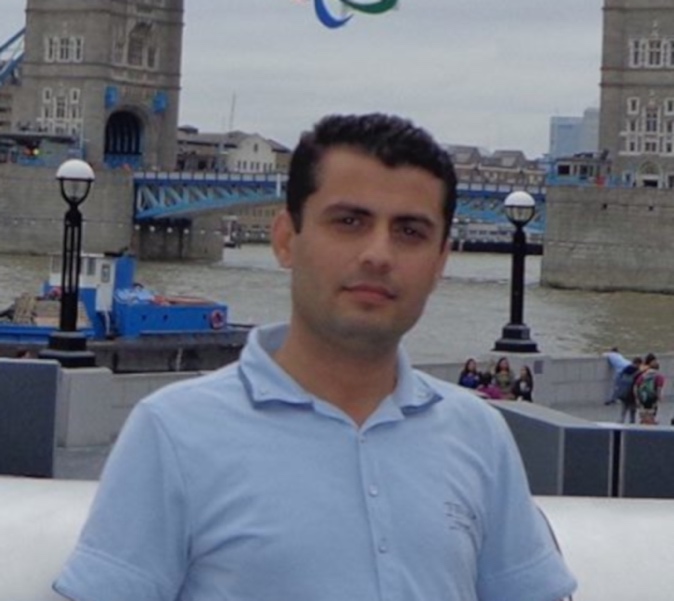
Biosketch
My name is Ahmed Mahdee Abdo Salih , I am from Kurdistan region of Iraq. I hold a BSc in Statistics and Informatics from the Mosul university (2007) and a MSc in Bioinformatics from the Leicester university in UK/ 2016. After graduation, I have been working as assistant teacher at the Computer Science Department of University of Zakho/ Kurdistan region of Iraq. I joined the Department of Computer Science of the University of Verona thanks to the INVITE COFUND project. My research project as a PhD student concentrates on investigating the link between phenotypes derived from MRI imaging techniques and genetic data with particular emphasis on brain diseases such as Alzheimer and Schizophrenia. To this end, machine learning methods will be explored to cope with the big-data challenge.
Project
PhD candidate: Ahmed Mahdee Abdo Salih
Supervisor: Gloria Menegaz
Title: Imaging genetics: facing the challenge relying on machine learning (EDIPO)
PhD Programme: Computer Science
Investigating the link between imaging and genetics requires meta-analyses of many omics-wide association studies, which in turn entails accounting for detailed clinical and biological information about a large number of participants as well as the creation of a network of scientists from different fields sharing their knowledge, data and methods. Among the most accredited consortia is ENIGMA (Enhancing Neuro Imaging Genetics Through Meta-Analysis). Founded in 2009, ENIGMA is a worldwide network of over 900 scientists in imaging genomics, neurology and psychiatry from 39 countries sharing the aim of understanding brain structure and function based magnetic resonance (MRI) and genetic data and many patient populations. Pooling brain scans from over 70,000 people, ENIGMA collects structural (from MRI T1/T2 and diffusion weighted MRI – dMRI) and functional information (from functional fMRI) as well as the genomic and trascriptomic individual profiles to discover patterns that affect brain function, integrity, and wiring. Awarded $11 million by the NIH in 2014, the ENIGMA “Big Data” Center of Excellence develops algorithms to crack the brain’s omics code, developing new methods to discover what drives brain networks, and how our brain changes over the human lifespan. ENIGMA articulates into 16 Working Groups (WGs) focusing on diseases and 4 WGs focusing on algorithm development including DTI&Connectomics, Subcortical Shape, EEG, and hippocampal subregions, with the aim of gathering forces and sharing knowledge, data and methods. In particular, the WG of DTI & Connectomics aims at determining several measures computed from DTI to serve as a phenotype for multi-site genetic analyses. Though, DTI suffers from many limitations, such as low specificity, that could be overcome by advanced signal modeling methods. In addition, a joint structural-functional brain connectomics framework is still missing. This project, if successful, would allow filling this gap by contributing new MRI-based phenotypes enclosing microstructural, structural and functional connectomics features. The enabling keywords are big data processing, machine learning and data mining and visualization: we propose to advance the state of the art by contributing methodologies for the effective handling of big amounts of heterogeneous data and enable knowledge discovery by relying on machine learning, deep learning, and data science.
In particular, we target the DTI & Connectomics WG for contributing advanced methods in microstructure-informed structural and functional connectomics together with efficient and beyond the state of art omics data pipelines, effectively facing the current challenges of integration large data.



